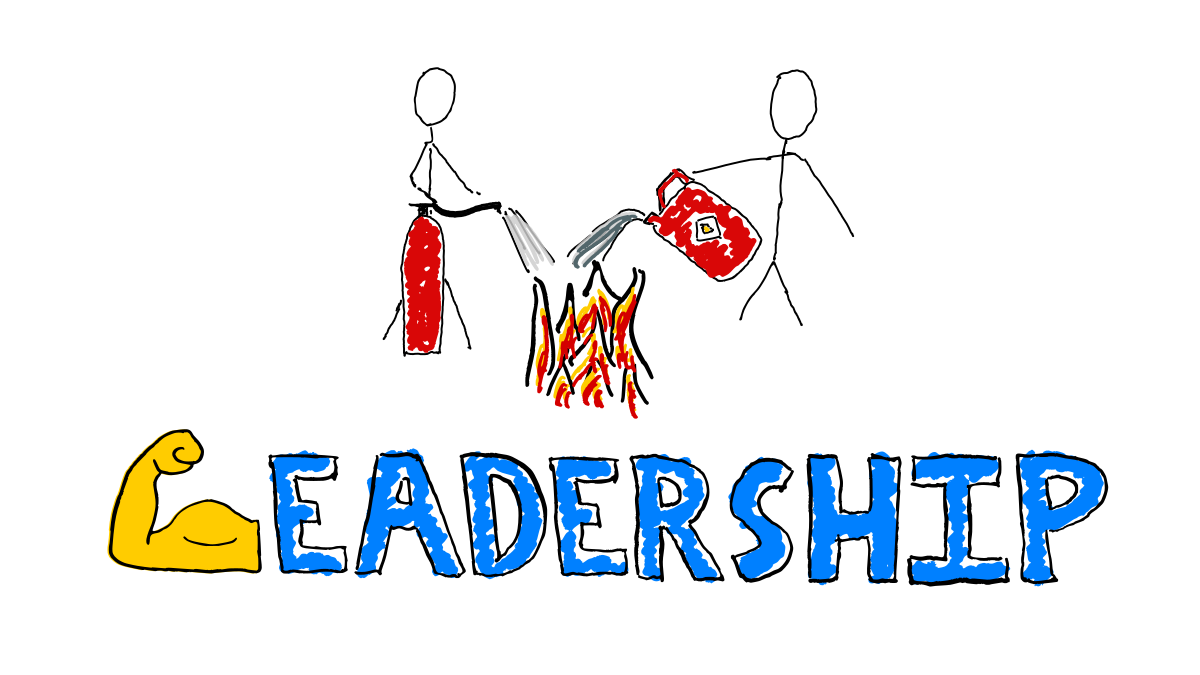“Strong” is often used as a metaphor for capable, competent, effective leadership.
Strength is not always the most helpful metaphor for leadership skills.
Listen to how people describe strong leaders, sometimes there are connotations at odds with effective leadership. Sometimes even hints of toxic masculinity. What does it say about our gender biases that we so often use strength as a metaphor for leadership effectiveness?
If you stopped pouring fuel onto the fires, maybe you would not need heroic firefighters.
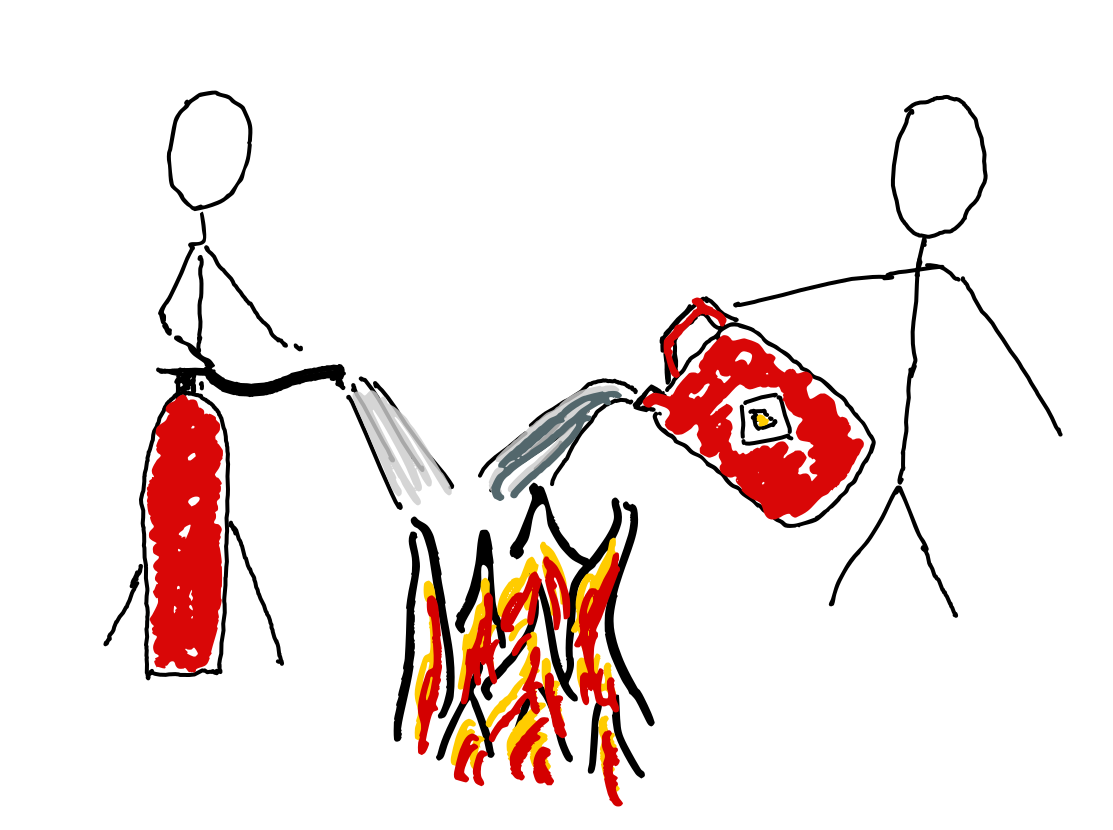
What does Strong Imply?
Resilient?
Do you want strong leaders who are tough and resilient, who can withstand the pressures of the role…
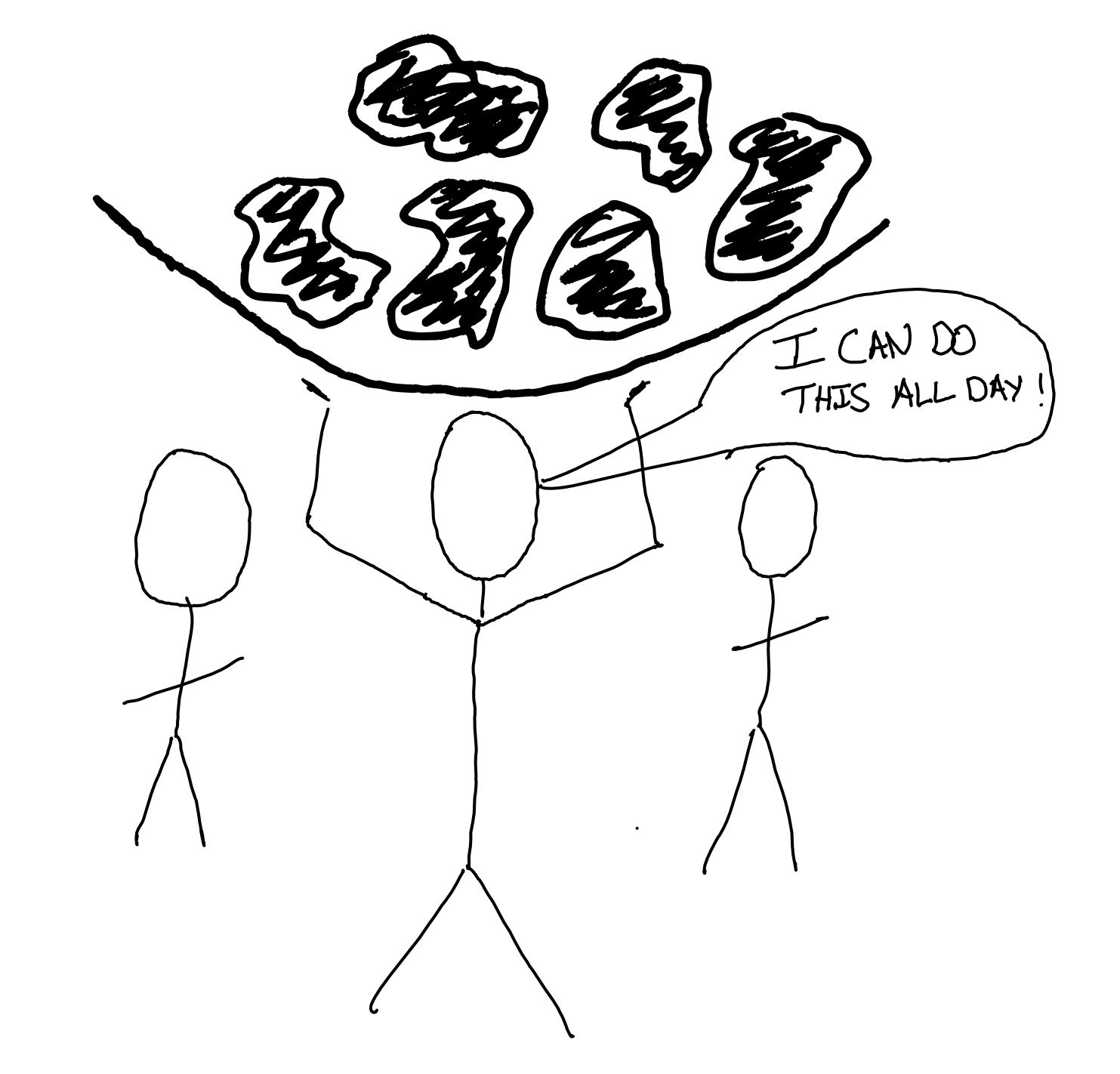
…or leaders who facilitate simple mechanisms to help the team handle big challenges
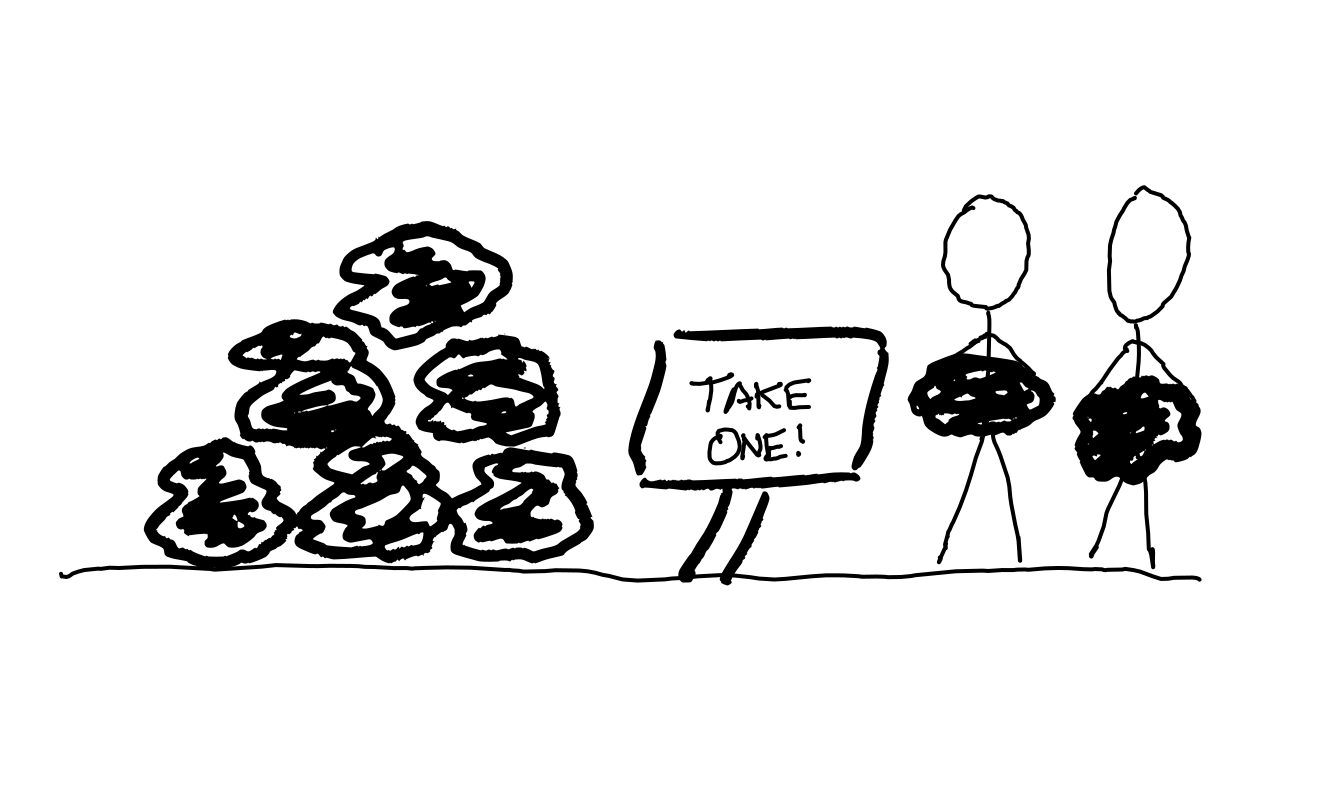
Do you need strong leaders who don’t need help? Is everyone else too busy to help? What’s causing that busy-ness? Is the lack of slack in your system precluding the possibility for collaboration towards better outcomes?
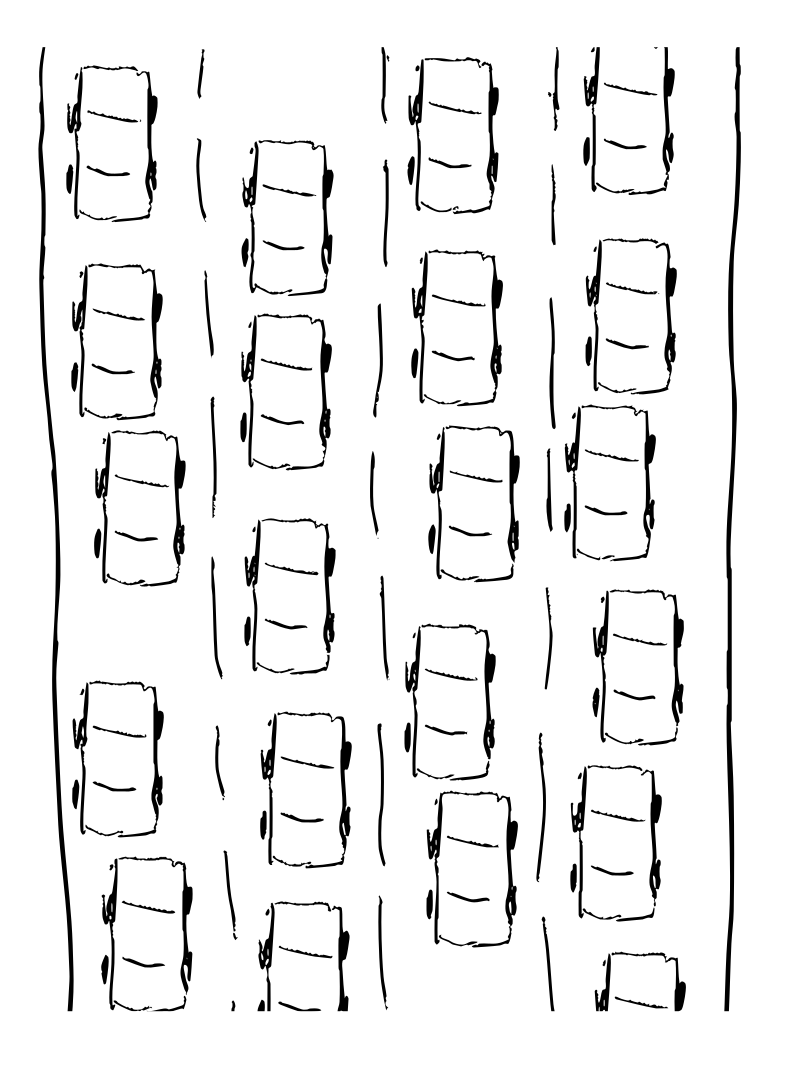
Adding a leader who can handle more is a treatment for a symptom. The underlying disease may be incentives for high utilisation. Are you cramming quarterly plans full? Are you setting OKRs with goals to stretch beyond what you know you can achieve?
Does this road need an extra lane to handle more cars? or a train, or a bicycle? The fix for your overload may need more creative thinking.
Powerful?
Do you need strong leaders who are powerful and can wield that power to achieve great feats? Why is achieving great outcomes so hard in your organisation? What’s getting in the way of folks self-organising towards the most important outcomes? What is disempowering any and every individual on the team from getting things done?
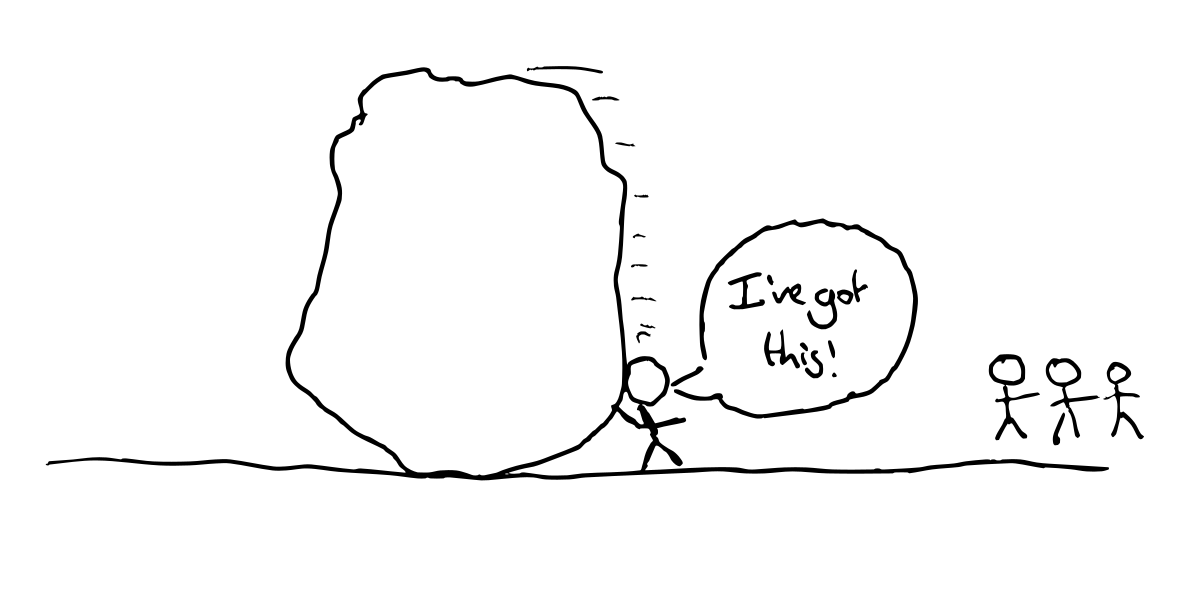
Is it bureaucracy? What would happen if you removed all the rules? What if you gave everyone authority (with accountability) to spend money as they saw fit, and autonomy to choose what to work on?
Is it fear of failures? Tackle the things causing it to be unsafe to fail rather than adding a more reckless leader. Praise people for saying no to things. Celebrate what’s learned from failures as well as successes. Reward humility and vulnerability. Bet on a team where everyone learns from each other’s missteps and comes to trust each other, over a team that avoids traps but never achieves greatness.
Is it perchance that your mighty leaders are not leaving space for others to step up?
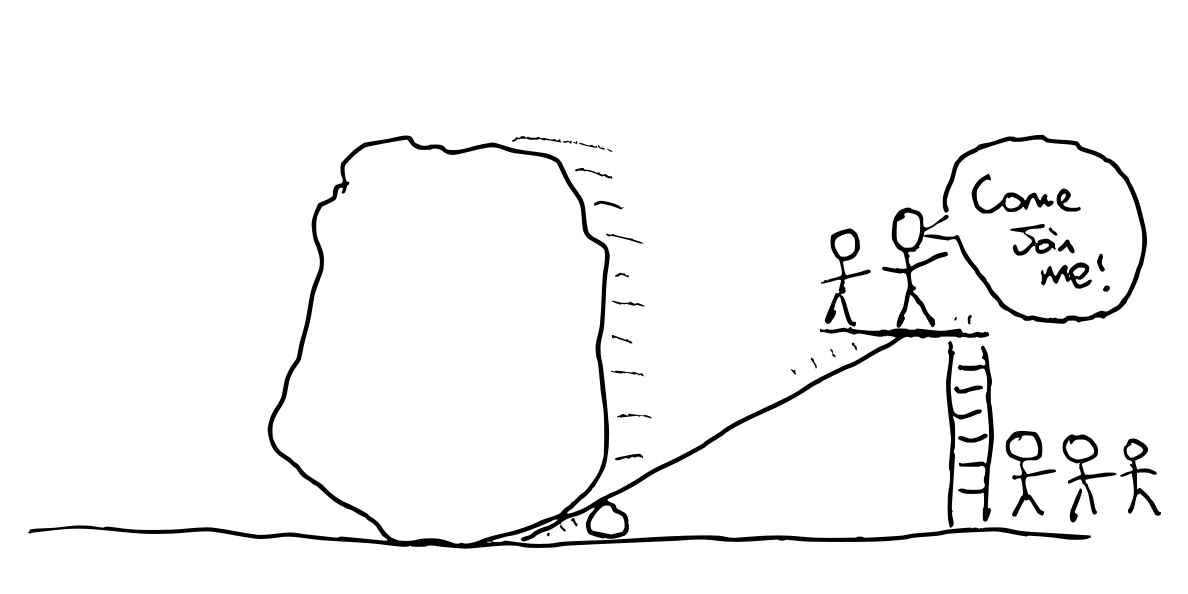
Dispassionate?
Do you need leaders who don’t let emotion cloud their judgement? It sounds positive, but everyone has emotions; we are not Vulcans.
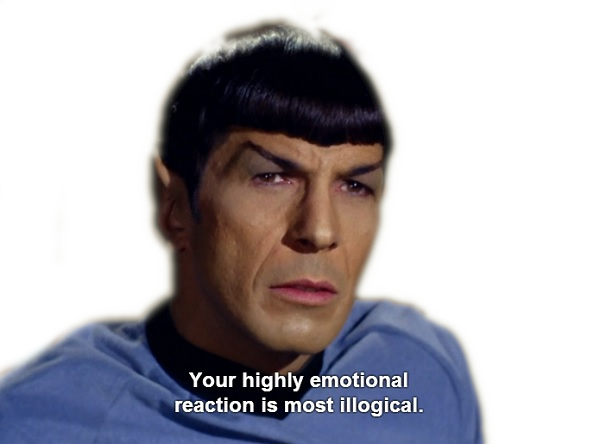
Do we not want leaders who are sensitive to the emotional impact of decisions and events on those they have a responsibility to serve? As well as aware of how their own emotions are influencing their judgement.
Feelings exist and we ignore them at our peril. A rational decision is not rational if it leaves the team despondent, fearful, angry, or demotivated.
Decisive?
Do you want leaders who think they know better than their teams? The group is often smarter than any one individual. Do you want to limit your success to the limits of your leader? Why do you have a team if one person knows best?
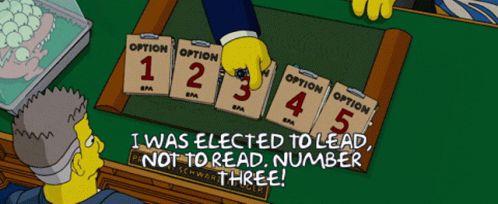
Do you want leaders who act confident in their own judgement? Or those who are open about their rationale, their intent, as well as the reasons their judgement could be wrong. Articulating intent enables the team to adapt in the face of new information.
Do you want stubborn leaders who need persuading to try something different? People who stick to their guns even in the face of evidence they may be wrong?
What’s making it hard for the groups to make decisions without a decisive leader?
Groups get stuck when there’s a lack of psychological safety: Are folks safe to express their opinions? Leaders who are quick to express their strong opinions undermine safety. A power imbalance adds friction to the voicing of dissenting opinions.
Decisive leaders are not necessary for decisive teams. Groups get stuck when they think they need consensus, unanimity or permission, lacking mechanisms such as
- Group decision making with roman voting, or occupy signals.
- Pre-agreed time/spend budgets for experimentation.
- Healthy habits that remove the need for repeated considered decision making.
Inspirational?
If you need a leader to inspire the team to achieve great things, what’s destroying the team’s intrinsic motivation?
Inspire sounds positive but has coercive undertones.
A charismatic leader who inspires their team to follow them without dissent may be very effective; as long as their chosen destination is actually a good outcome.
The organisation can lose its resilience and adaptability in the face of a leader whom folks blindly follow.
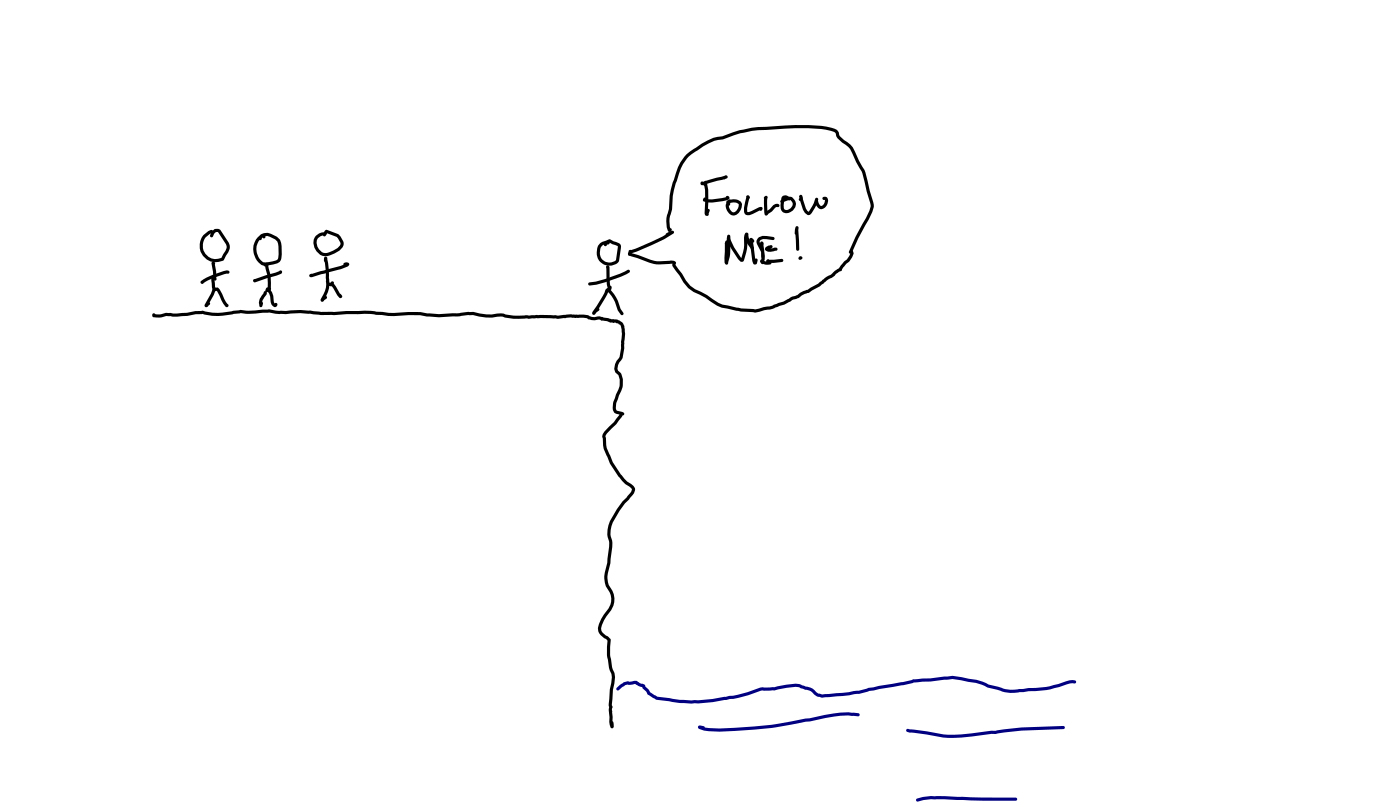
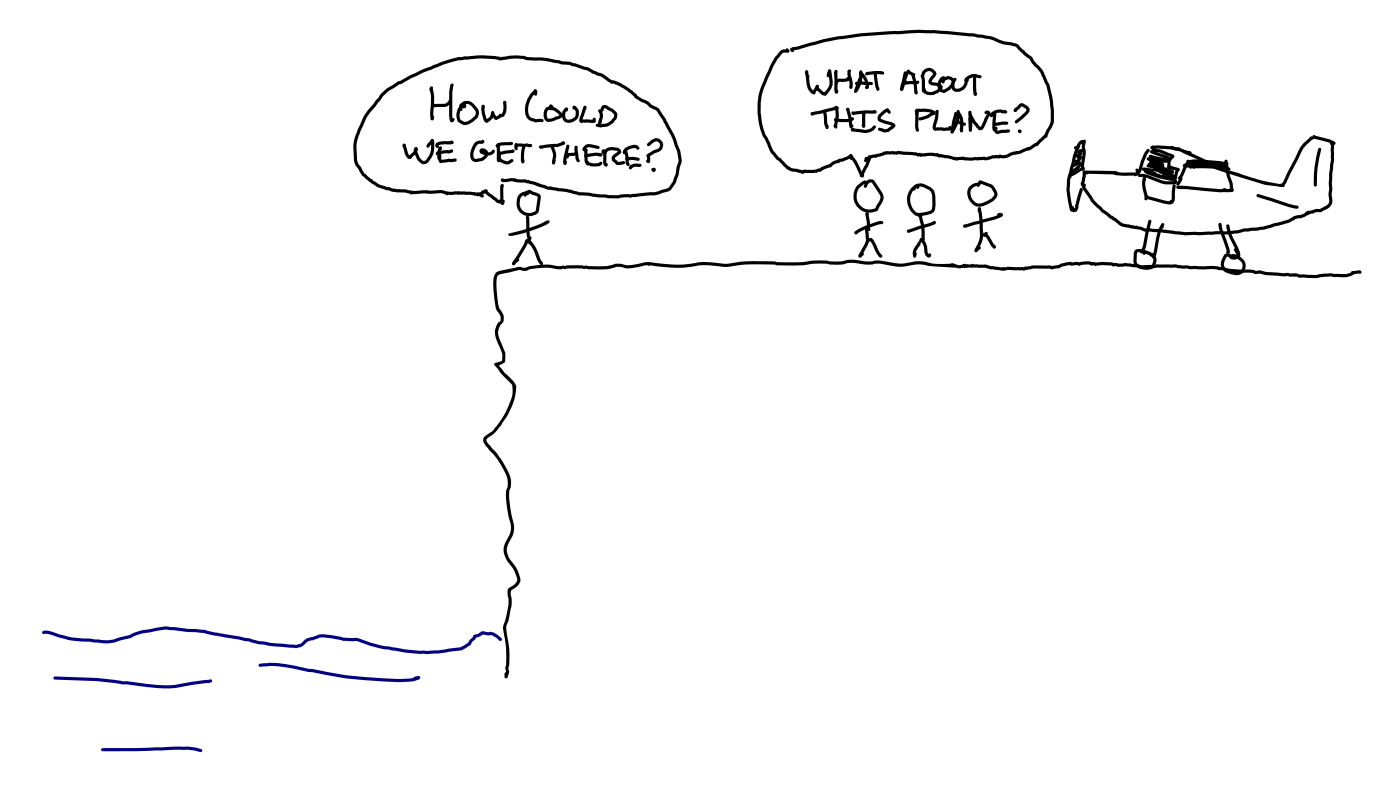
Visible?
Folks often want a visible leader so that people know who to go to if they want to get something done.
Good leadership is often nearly invisible. Tending to the systems. A quiet word of feedback here. Pointing out an opportunity there. Asking the right questions at the right times.
Which of these organisations has a highly visible leader?
Which of these organisations is fragile?
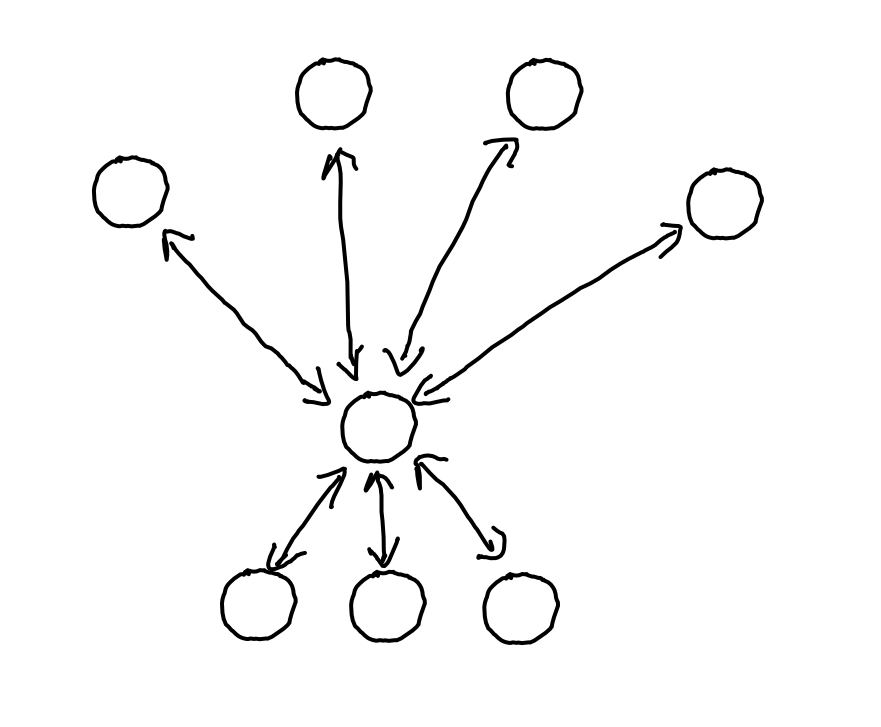
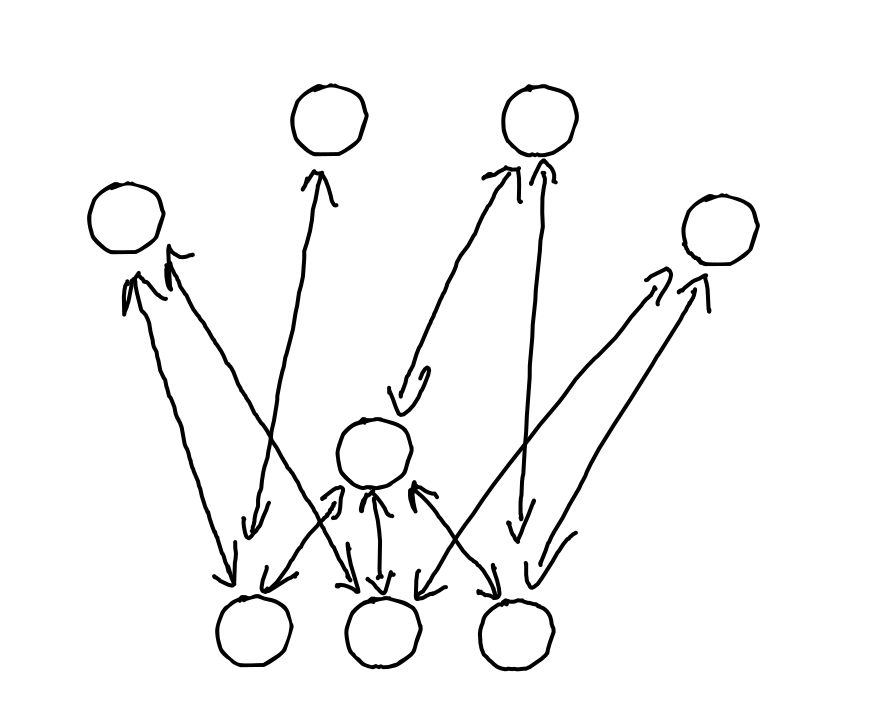
Different?
“We need a strong leader” implies “we need a different leader”.
What is causing the current leadership (whether vested in a single person explicitly or distributed) to be inadequate?
Changing or adding one person with authority can be a quick fix, but isn’t guaranteed to work; especially if you don’t have a diagnosis that explains the need for a new leader. Do you really need a superhero to save you?
What are your best hopes for what a new leader will do? What stops you doing those without them?
Instead
Helping a team overcome its weaknesses requires an appreciation for weakness more than a show of strength. Being the strongest member of a team can even be a disadvantage.
We need leaders who
- model vulnerability, being open about their weaknesses, limitations, and uncertainties.
- build others up rather than hoarding power themselves.
- can adapt and help their team adapt to their context. Diagnosis and strategy over strength and power.
- connect people, more than leaders who translate.
- are curious about the options their team sees, more than they inspire action towards their preconceptions.
- remove impediments to others making decisions more than they make decisions.
- set examples with boundaries, protecting their mental health more than projecting invincibility.
- disperse power instead of wielding power.
- tend to the systems that enable us more than using systems to control us.
Strength? Of a sort: Courage and humility.
Reflecting
What’s behind your desire for a strong leader?
How strong is your organisation if you remove the strong leader?
What mechanisms could make the group’s success inevitable, despite the fallibility of whoever is currently serving as leader?
